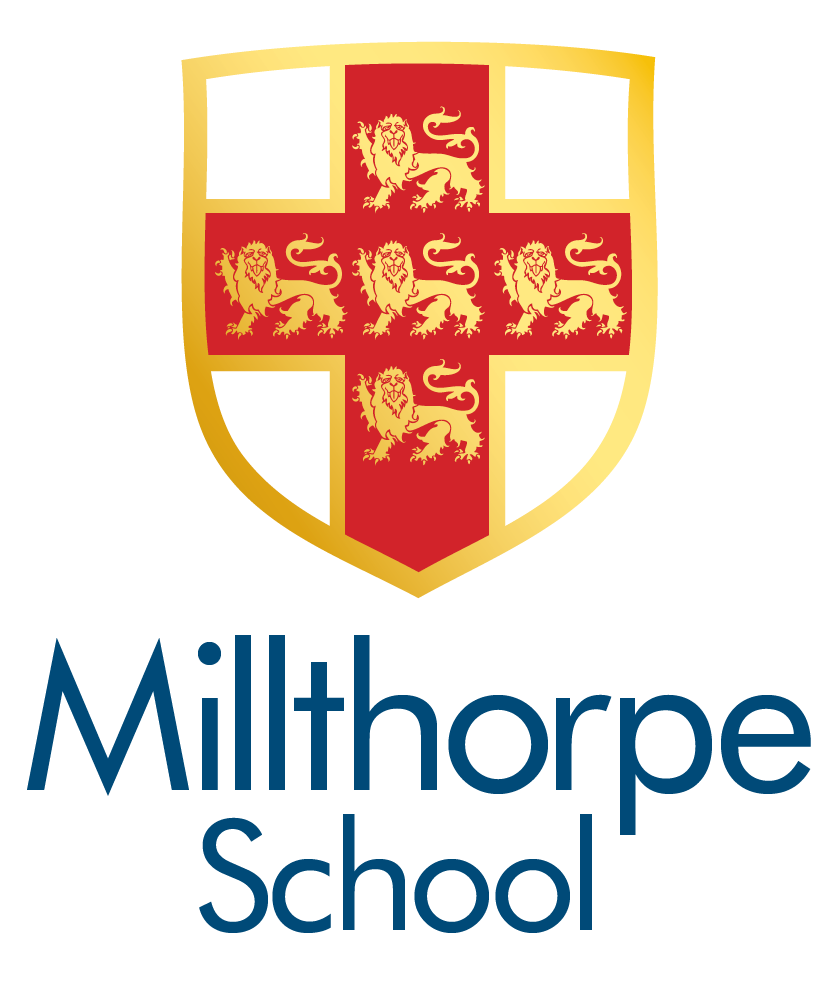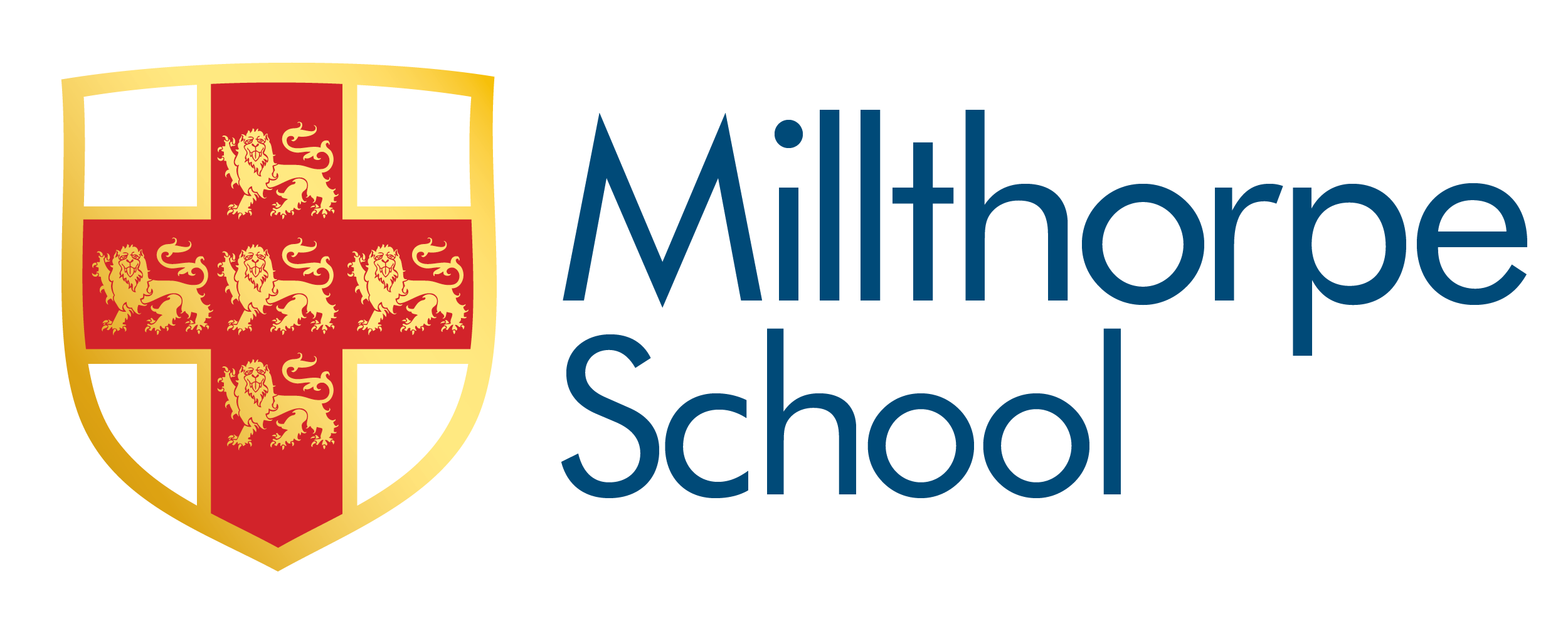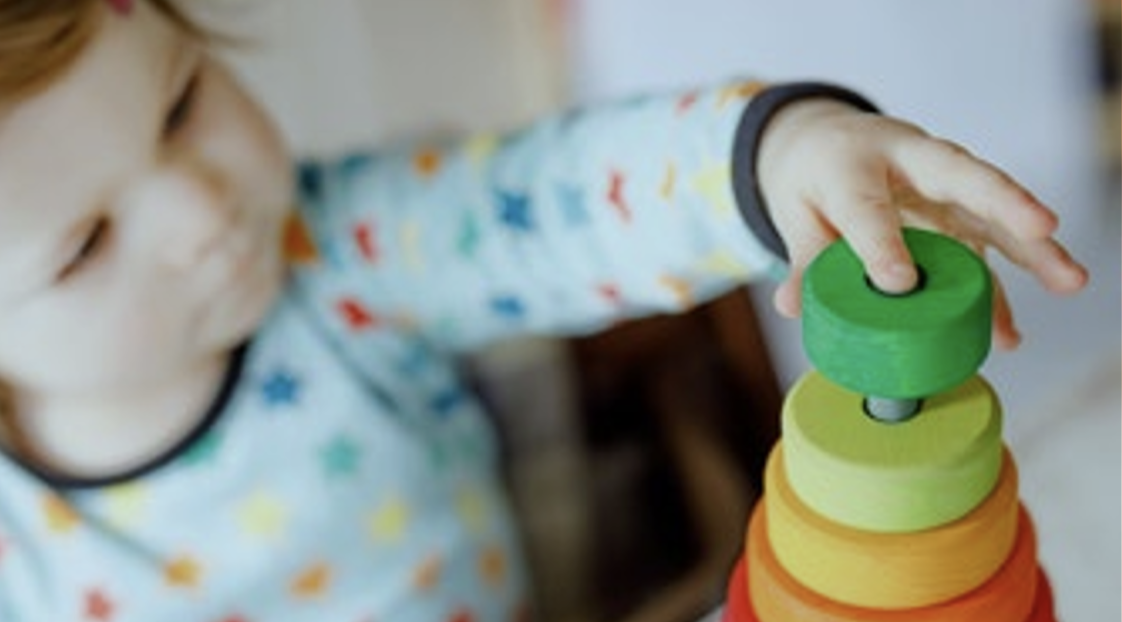Key Stage 4
The Cambridge National in Child Development is a practical-based qualification which equips the learner with the knowledge and skills to nurture and care for children in their early years.
This GCSE equivalent qualification will inspire and equip students with independence and confidence in using skills that are relevant to the childcare sector. Studying Child Development, candidates will explore:
- The biological development of a baby, from embryo to newborn
- Opportunities to promote positive health and wellbeing for child development
- Creating safe and nurturing environments for children to thrive
- Investigating the nutritional requirements of children from birth to five years and developing suitable meal plans
- Researching appropriate equipment to meet children’s needs in their early years
- A Child Study: developing research-based learning opportunities through play and psychological techniques in observation to evaluate their approach.
Assessment
All students will study three mandatory topics as follows:
RO57 Health and wellbeing for child development (40%)
Students learn about the roles and responsibilities of parenthood and the importance of creating the best conditions for a child to thrive. This is assessed as an external exam. The following units are coursework tasks completed in lessons and are 30% of your final grade each.
RO58 Create a safe environment and understand nutritional needs of children from birth to five years (30%)
Research child safety and the nutritional and hygiene needs of children aged 0-5, and then demonstrate practically how these needs are met to promote a child’s development and well-being.
RO59 Understand the development of a child from birth to five years (30%)
Students explore developmental norms for children aged 0-5 and examine how play influences these norms. They demonstrate their knowledge and understanding through practical activities.
Progression
This qualification is an excellent choice for students looking for a career in healthcare or childcare, working with babies and young children.



